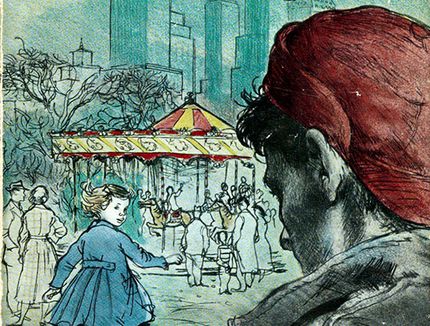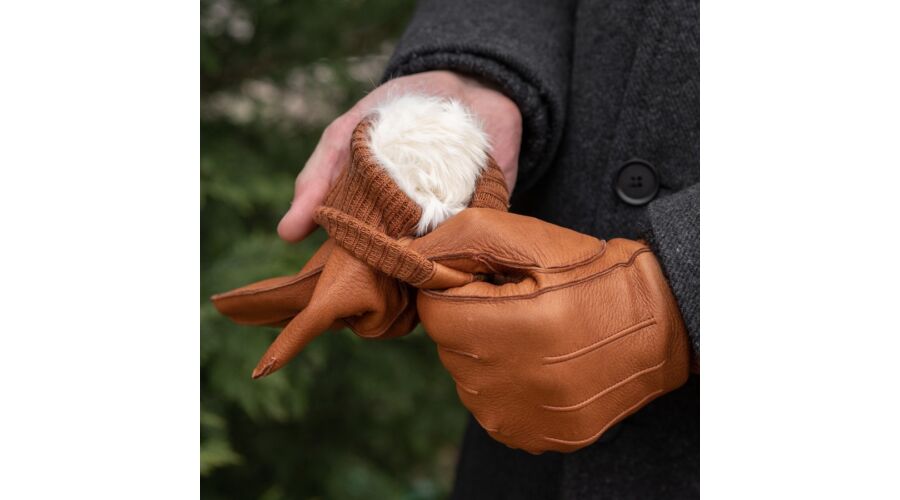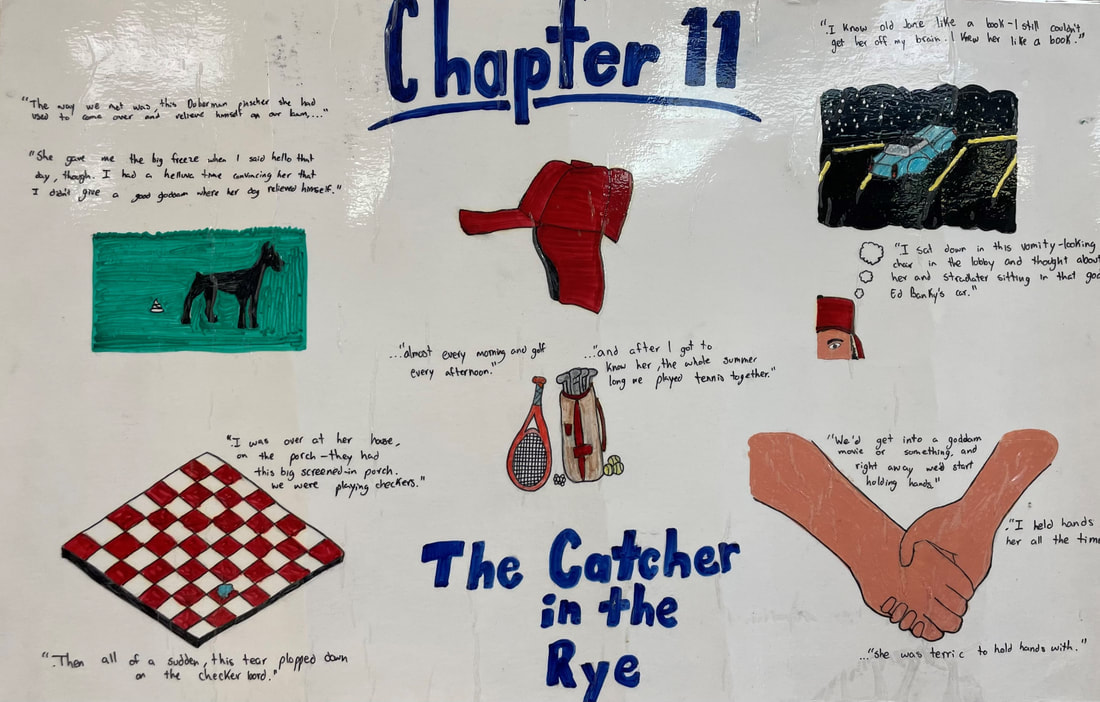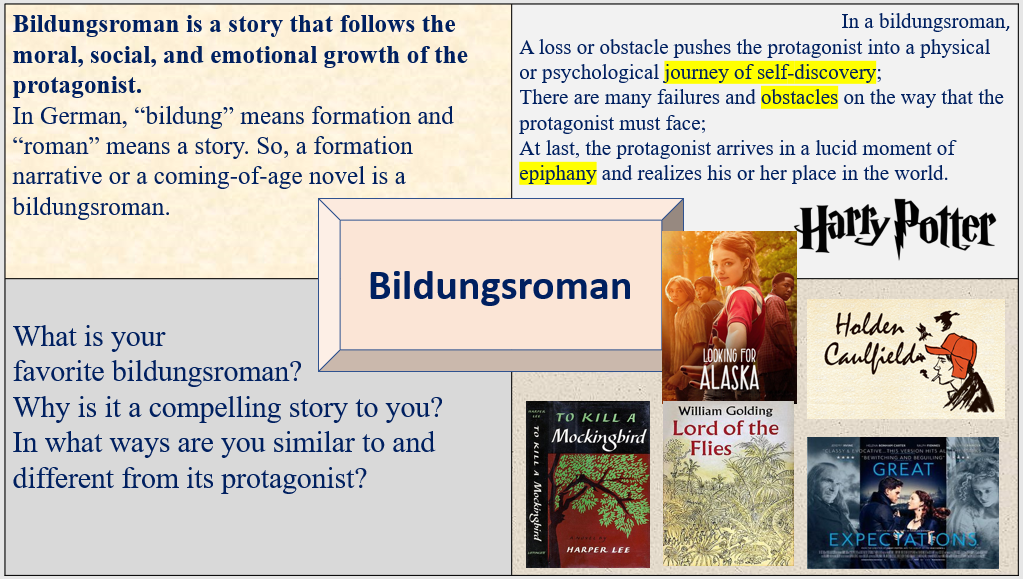Listen to the novel at your pace.
|
Read the novel at your pace.
|
"I Am a Rock" is a 1965 song by Simon and Garfunkel. The lyrics are here: i_am_a_rock.pdf. The speaker of these lyrics claims that he has built a fortress around him and alienation is what he has willingly chosen for his mode of existence. But if you read it against its grain, the speaker thirsts for love and friendship.
|
|










